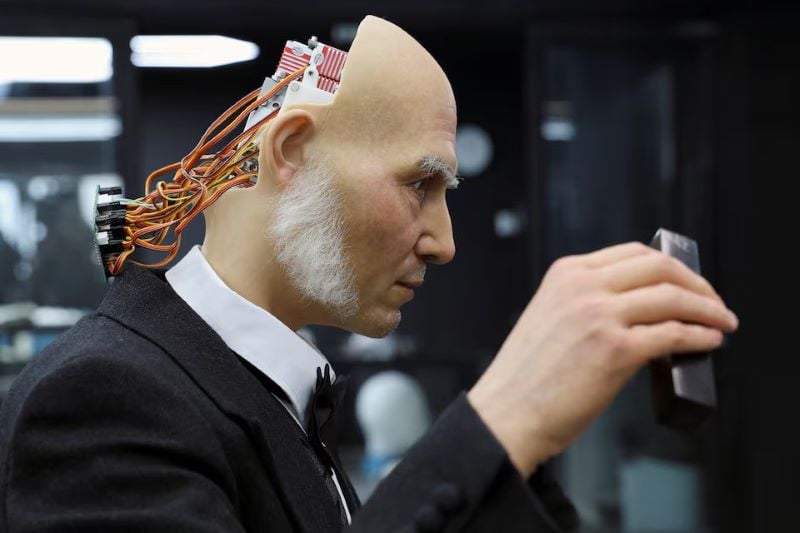Researchers at Tianjin University have developed a groundbreaking robot using human brain cells, likened to a modern Frankenstein.
This innovative creation, achieved through stem cultivation to form a brain-on-chip, enables the robot to operate with human-like responses.
The project involves embedding lab-grown brain cells into a robotic system, allowing the robot to perform tasks such as object grabbing and obstacle avoidance autonomously.
While the robot’s precision and mechanical performance are not yet equivalent to a natural human body, this development marks a significant technological milestone.
This brain-on-chip technology is the first of its kind globally, drawing considerable attention in the tech world.
The potential applications of this technology range from medical devices to advanced robotics. However, the ethical implications of creating robots with human brain cells remain a topic of intense debate.

